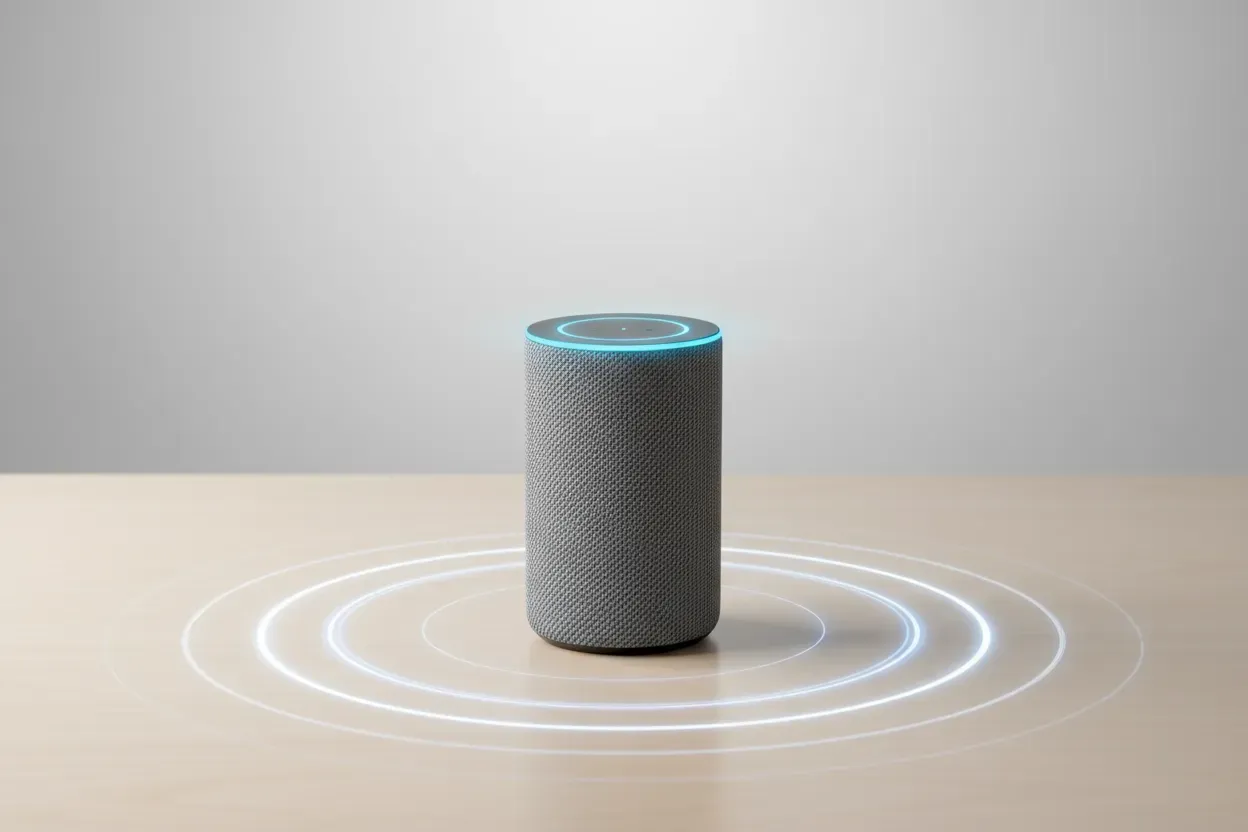Over the last decade, retail has been undergoing a transformational shift. While the role of brick-and-mortar locations has shifted in response to online shopping (and, more recently, social selling), physical stores are by no means irrelevant to leading retailers. Instead, many retail locations have become shopping, service, and fulfillment centers where brands can launch new products, provide in-person consultations, fulfill online orders, and, of course, showcase and sell their products in a more traditional manner.
This shift in roles aligns with an evolution in consumer expectations: today’s shoppers expect the ability to move effortlessly between digital and physical channels. However, smooth cross-channel journeys are only possible when retailers are able to accommodate those expectations in-store, which is largely determined by the capabilities of their point of sale (POS) system.
Having evolved dramatically from its origins as the cash register, the POS has turned into a strategic retail hub that connects inventory, customer data, fulfillment, clienteling, and service, all in real time.
Today’s retail POS systems can deliver insights, personalize service, and unify store backends. The six POS platforms reviewed for this article are leading that evolution, designed to adjust to shifting conditions and rising customer expectations.
1. Manhattan Active Point of Sale: Versionless, Cloud-Native Unified Commerce Capabilities
Manhattan Active POS helps retailers move quickly and scale smoothly with a cloud-based solution that eliminates versioning. Their POS delivers new features every 90 days, ensuring there’s no downtime, disruption, or lag between innovation and execution.
The Manhattan Active Point of Sale system connects in-store operations with robust store fulfillment, order management, and customer service capabilities. As part of the larger Manhattan Active Omni Suite, it gives retailers a unified, intelligent, and always-current system, while its modular framework enables quick deployment and open API integration.
2. Diebold Nixdorf Vynamic POS: Modular Infrastructure for Global Retail
Retailers operating across borders, languages, and regulatory environments need a POS that’s not just cloud-enabled but also modular enough to be flexible across the ecosystem.
That’s where Vynamic POS comes in.
Vynamic can integrate across diverse hardware and software stacks, so retailers can customize the system to fit their infrastructure, not the other way around. Multilanguage deployments and an inventory system and interface built for high transaction volumes allow fast-paced and large-scale multinational operations.
3. POSaBIT: AI-Driven Fintech POS for Regulated Retail
POSaBIT is an AI-powered POS designed for highly regulated industries like fintech, cannabis, and gaming. It combines smart payment routing, AI-driven insights, and built-in compliance tools in a single platform and interface.
POSaBIT’s fintech roots give their POS an edge in transaction monitoring and fraud prevention thanks to features built for regulated markets, and its tech-forward approach offers a glimpse into how niche retail is pushing broader POS innovation.
4. Tulip Retail POS: Cloud-Based Clienteling with Enterprise Agility
At its core, Tulip POS is a tool to help associates become better at managing and improving the customer experience. Real-time omnichannel carts allow users to shop online and check out in-store, and vice versa, while appointment-based selling and mobile check-out further enhance the experience.
Associates can access customer profiles, purchase history, and personalized recommendations at a moment’s notice. Combine that with a lightweight, cloud-based POS interface, and you get a tool perfect for modern retail and customer needs.
5. Oliver POS: Headless, Open-Source, and E-commerce-First
Oliver POS is an open-source platform built on WordPress and WooCommerce. Unlike other solutions on this list, it supports headless commerce, so retailers can maintain full control over how the system is built on both the frontend and backend.
This is a developer-first design in a way that’s still new to the POS market. It’s especially good for online-first retailers looking to expand into brick-and-mortar, as they can use that flexibility to build a system that enhances physical touchpoints while maintaining an online look and feel.
6. Square for Retail Pro: Multi-Location Features in a Known Ecosystem
While Square is a POS platform known for its simplicity, its Retail Pro offering has advanced features like multi-location inventory, staff permissions, and detailed reporting, which allow for enhanced multi-location usability, all while maintaining its user-friendly interface.
Retail Pro also includes Square Handheld, a portable device that supports barcode scanning and offline mode.
Ideal for midsize retailers that need more power without going all the way into the enterprise field, Square offers a great compromise for small- to medium-sized retailers.
Where Retail Infrastructure Meets Innovation
As retail moves toward API-first architecture, cloud-native flexibility, and AI-assisted workflows, POS systems are no longer an afterthought, they’re a foundational part of the shopping experience.
The six platforms in this article are reshaping how retail tech is built, deployed, and evolved, proving that innovation and enterprise-scale don’t have to be mutually exclusive.









